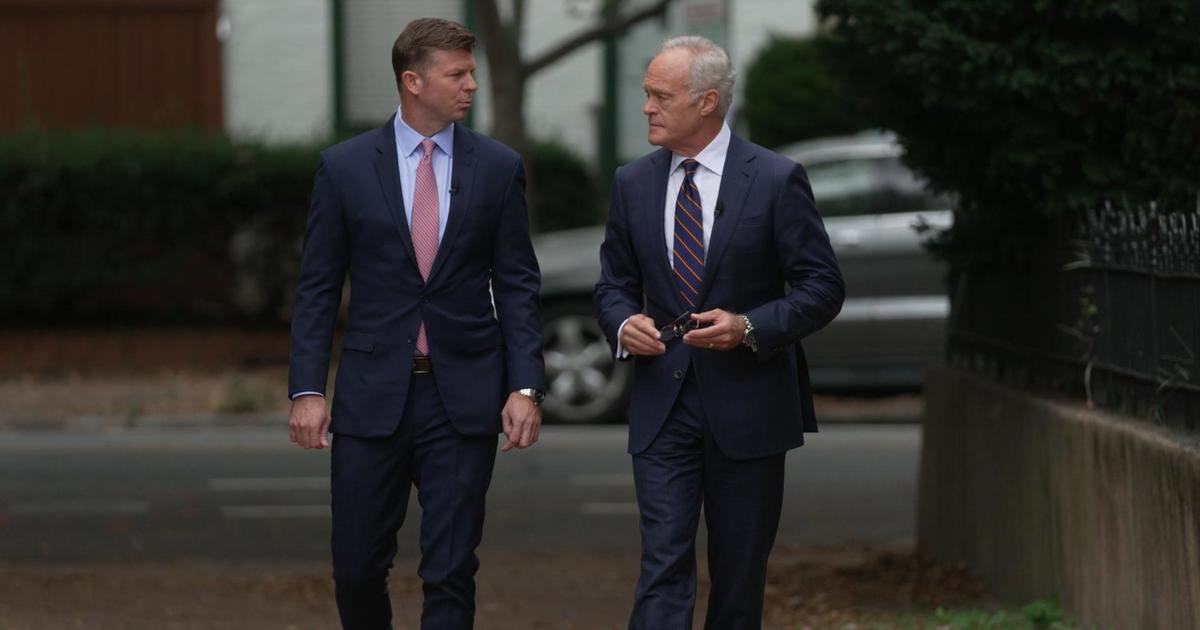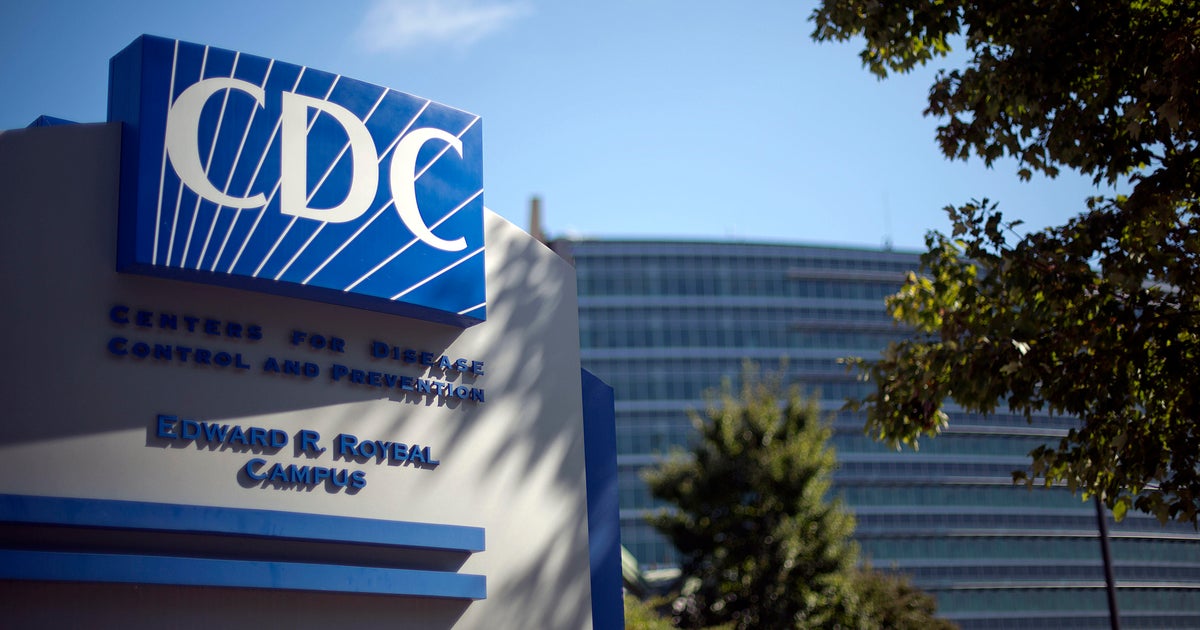Federal deficit to top $1 trillion this year, CBO says
Washington - An annual congressional report says the U.S. budget deficit is likely to top the symbolic $1 trillion barrier this year despite solid economic growth.
The Congressional Budget Office report follows a burst of new spending last year and the repeal in December of several taxes used to help finance the Affordable Care Act. Those have combined to deepen the government's deficit spiral well on into the future, with trillion-dollar deficits likely for as far as the eye can see.
The annual CBO update of the government's economic and fiscal health estimates a $1 trillion deficit for the ongoing fiscal year, which would bring the red ink above $1 trillion for the first time since 2012, when former President Barack Obama capped four consecutive years of $1 trillion-plus budget deficits.
But Obama's deficits came as the U.S. economy recovered from the deep recession of 2007-2009. The return of trillion-dollar deficit now comes amid stronger economic growth, with the CBO predicting that the jobless rate nationwide will average below 4 percent through at least 2022. The growth rate is predicted to hit average 2.2 percent this year.
"The economy's performance makes the large and growing deficit all the more noteworthy," said CBO Director Phillip Swagel. "Changes in fiscal policy must be made to address the budget situation, because our debt is growing on an unsustainable path."
The government reported a $984 billion deficit for the 2019 budget year. The CBO projects that deficits will rise from 4.6% of U.S. gross domestic product in 2020 to 5.4% in 2030. Because of those accumulating deficits, the agency forecasts that the federal debt held by the public will rise from 81% of GDP this year to 98% in 2030 — that would be the highest level since 1946 immediately after the heavy government spending that followed World War II.
The recent surge in the deficit has followed passage of the 2017 Trump tax bill, which has failed to pay for itself with additional economic growth and revenues as promised by administration figures like Treasury Secretary Steven Mnuchin. The surge in deficits also follows a final rewrite last summer of a failed 2011 budget deal to increase spending of both defense and domestic programs.
Divided government isn't helping the deficit picture as the Democratic-controlled House led the way in repealing $377 billion worth of "Obamacare" tax hikes, including a so-called Cadillac tax on high-cost health plans. House Speaker Nancy Pelosi, D-Calif., was also a driving force in last summer's budget accord, which is scored at adding $1.7 trillion to the deficit over the coming decade.
The CBO report landed amid an intensifying presidential campaign in which concerns about the deficit are not really an issue. President Donald Trump has promised to leave Social Security pensions and Medicare benefits off the table as his administration seeks ways to blunt the political impact of the eye-popping deficit figures.
The administration's budget is being released next month but is likely to be largely ignored, especially as election-year politics take over.



